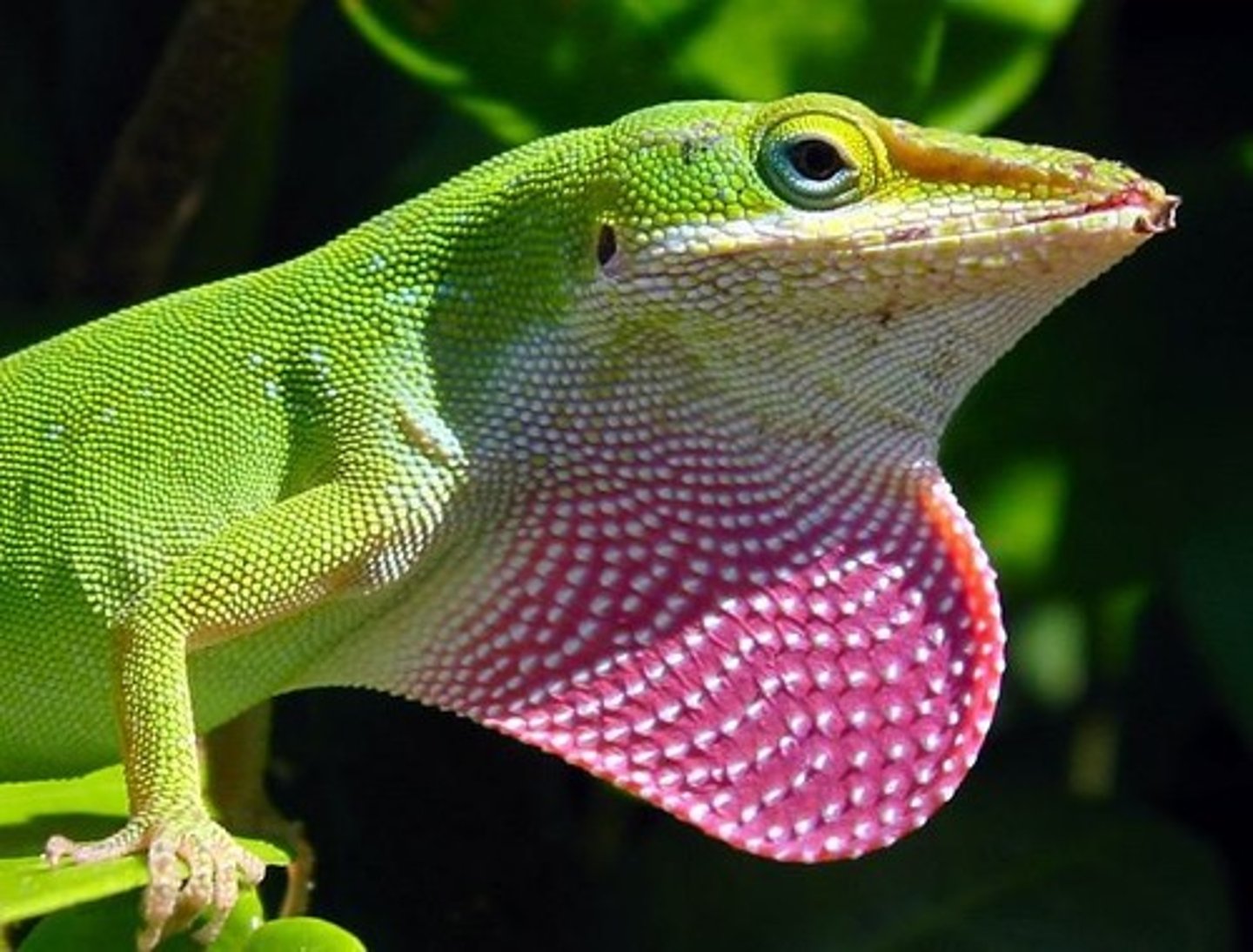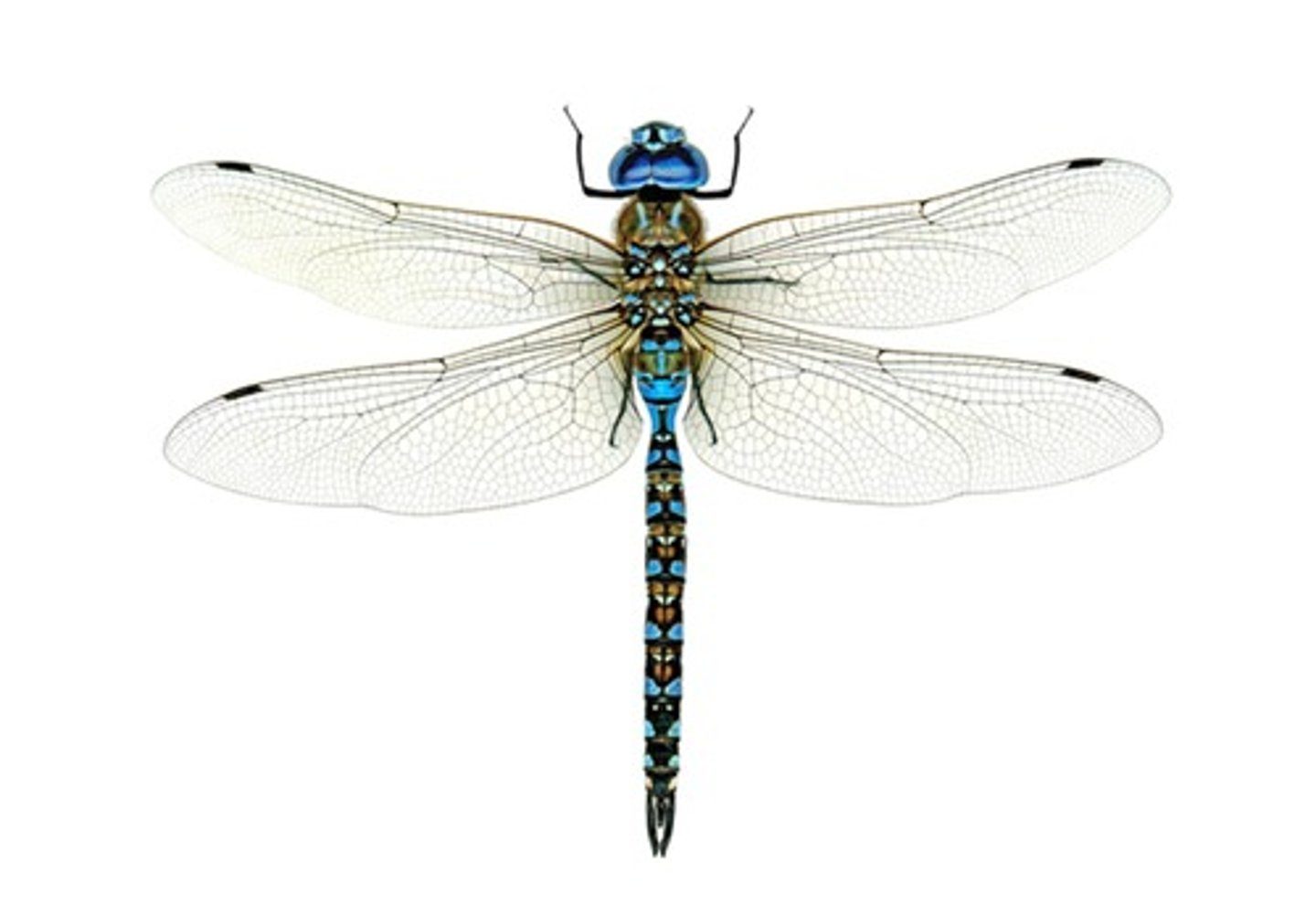Behavioral Ecology: Causation and Animal Behavior
1/22
There's no tags or description
Looks like no tags are added yet.
Name | Mastery | Learn | Test | Matching | Spaced | Call with Kai |
|---|
No analytics yet
Send a link to your students to track their progress
23 Terms
Proximate causation
Explains how behaviors occur mechanistically.
Ultimate causation
Explains why behaviors evolved historically.
Fixed action patterns
Stereotyped, innate behaviors unchanging with conditions.
Condition-dependent behaviors
Flexible responses influenced by learning or environment.
Cost-benefit analysis
Evaluates fitness costs versus benefits of behaviors.
Predation avoidance behaviors
Strategies animals use to escape predators.
Anolis lizards
Species studied for predation avoidance behaviors.

Fitness
Number of offspring produced in a lifetime.
Behavioral ecology
Study of ecological and evolutionary influences on behavior.
Hormonal mechanisms
Biological processes affecting behavior via hormones.
Neurological mechanisms
Brain functions influencing behavioral responses.
Skeletal-muscular mechanisms
Physical actions enabling specific behaviors.
Innate responses
Behaviors inherited and not learned.
Environmental conditions
External factors affecting behavior and decision-making.
Decision-making
Process of choosing among alternatives based on conditions.
Experimental tests
Research methods to investigate animal behaviors.
Visual stimuli
Sight-related cues triggering behavioral responses.
Auditory stimuli
Sound-related cues influencing animal behavior.
Chemosensory stimuli
Chemical signals affecting behavioral reactions.
Harsher environment simulation
Experimental setup to test behavioral adaptations.
Foraging on the wing
Hunting for food while in flight.

Subpar meals
Food that is less optimal for offspring.
Evolutionary consequences
Long-term effects of behavior on species survival.